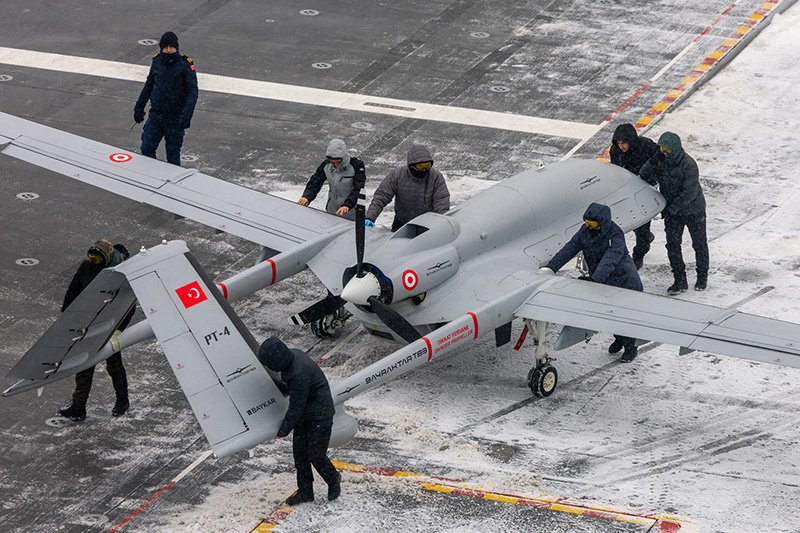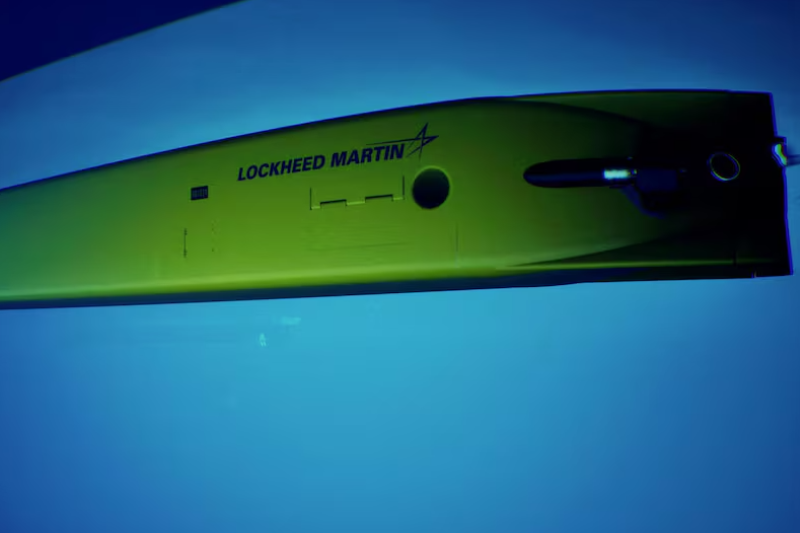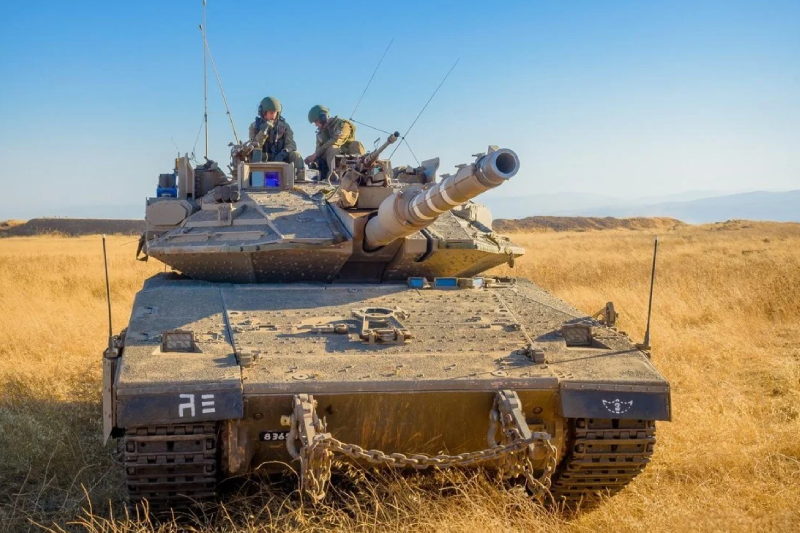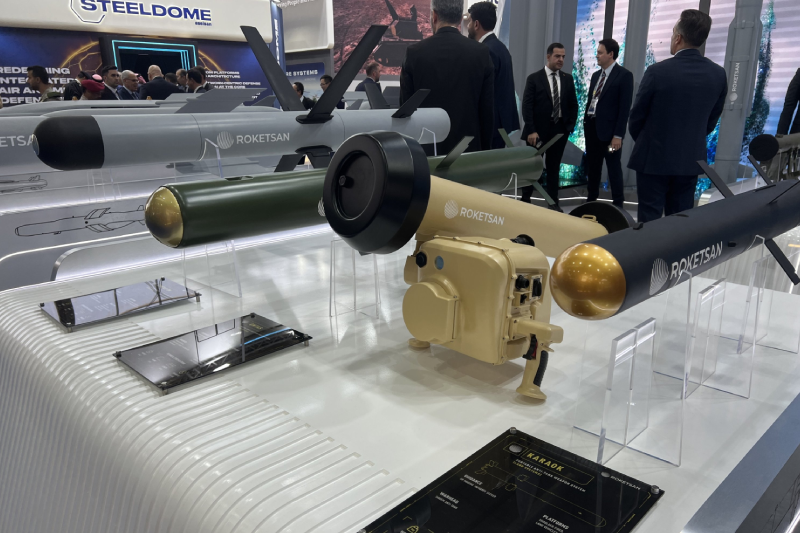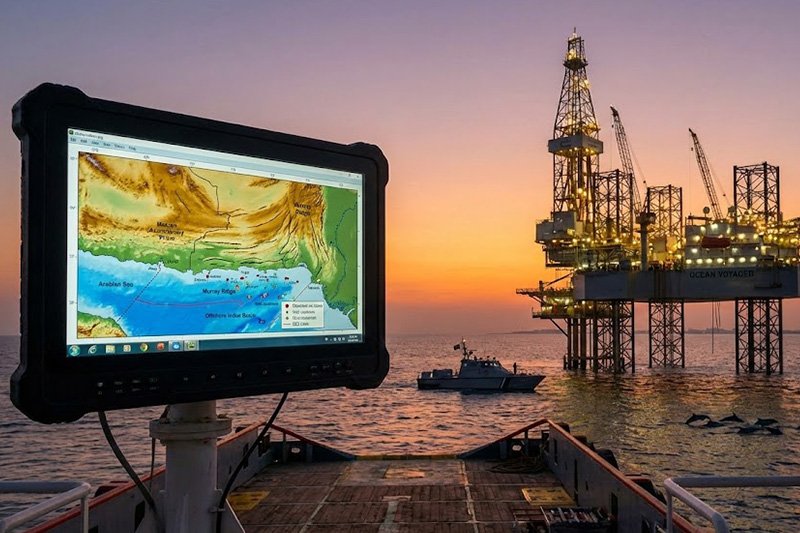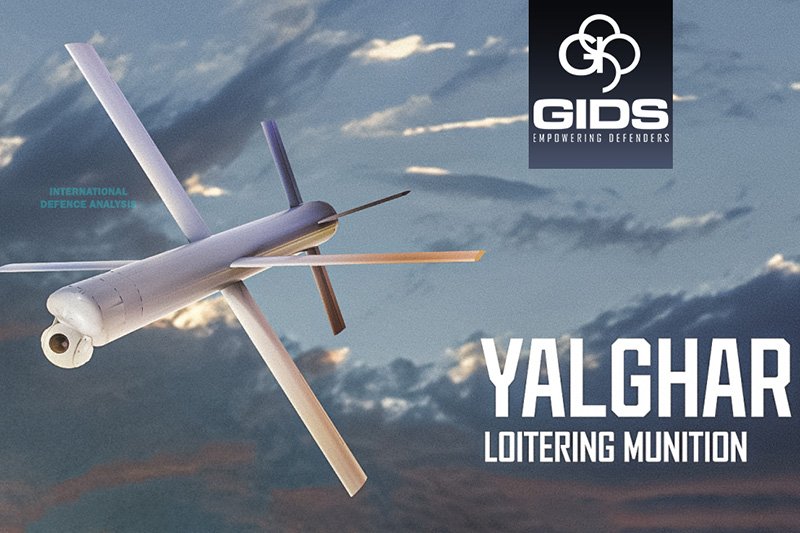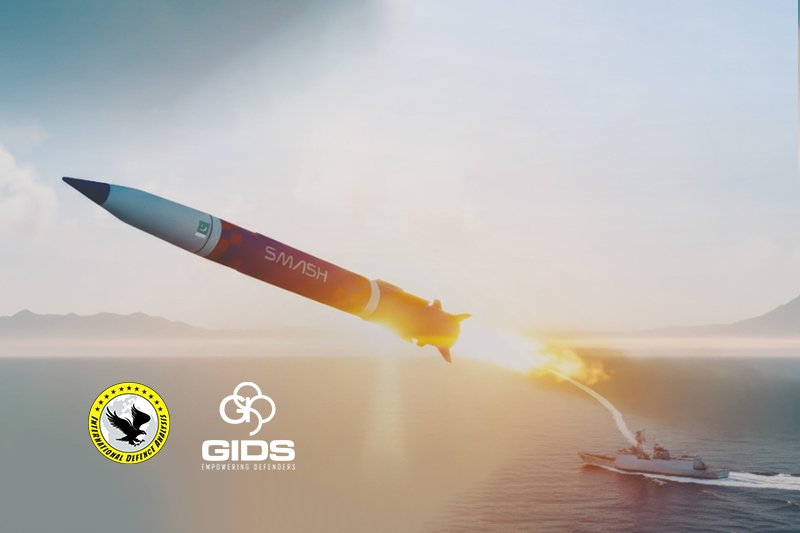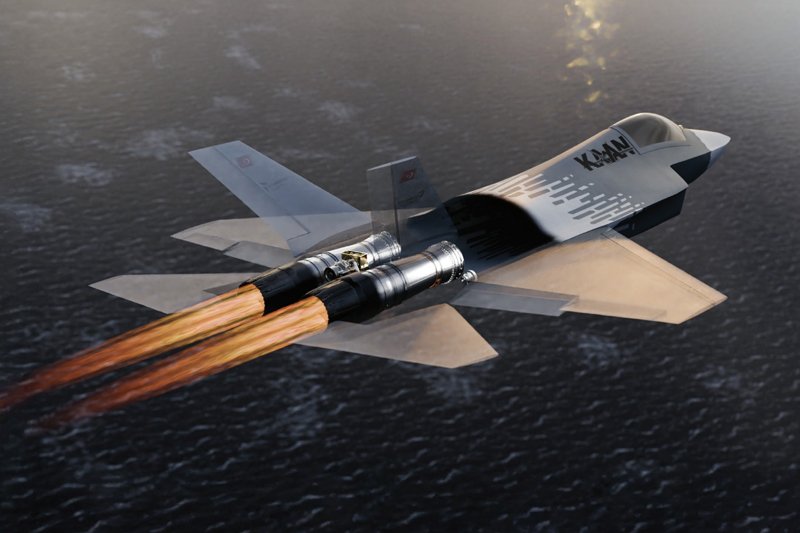Boeing Offered T7A to Australia
At the Avalon 2023 Australian International Airshow, Boeing offered T7A to Australia. The aviation industry leader affirmed that the T-7 is specifically developed to instruct future Australian pilots for F/A-18F Super Hornets, EA-18G Growlers, and F-35A aircraft.
According to Boeing, the reconfigurable cockpit and digital open architecture of the single-engine jet trainer make it a revolutionary addition to the realm of pilot training.
Scott Carpendale, the Vice President and Managing Director of Boeing Defence Australia, has expressed that the T-7 would integrate seamlessly into the pilot training and aircraft maintenance services that their team currently offers the Australian Defence Force. Since both the U.S. and Australia operate similar types of aircraft, the use of an Australian T-7 could result in new collaborative training opportunities between the two nations.
Also read this: BAE Systems RAZER – A Low-Cost Precision Guided Munition
On September 27, 2018, the T-7A was chosen by the United States Air Force (USAF) as the T-X program victor and is intended to replace the T-38 Talon in USAF operations. The T-7A program is a joint effort between Boeing and Sweden’s Saab.
In 2022, the Australian government pledged $1 billion to upgrade the 33 BAE Hawk Mk 127 jet trainers belonging to the Royal Australian Air Force (RAAF), ensuring their operation until 2031. By 2025, the program will see the Rolls-Royce 951 Adour engine integrated into the Australian Hawks to match the capabilities of the Royal Air Force’s T2 Hawk jets.
The T-7A Red Hawk is a state-of-the-art pilot training system developed for the U.S. Air Force to prepare the upcoming generation of fighter and bomber pilots for the long term.
Utilizing a digital thread approach, the T-7A supports the U.S. Air Force’s Digital Century Series plan by facilitating the rapid and cost-effective incorporation of new features and capabilities through virtual testing.
The Red Hawk honors the legacy of the Tuskegee Airmen, serving as a tribute to both past legends and future heroes.
When compared to traditional aircraft development programs, the T-7A has demonstrated significant improvements including;
- a 75% enhancement in initial engineering quality,
- an 80% reduction in assembly hours,
- 50% decrease in software development and verification time.
Discover more from International Defence Analysis
Subscribe to get the latest posts sent to your email.


